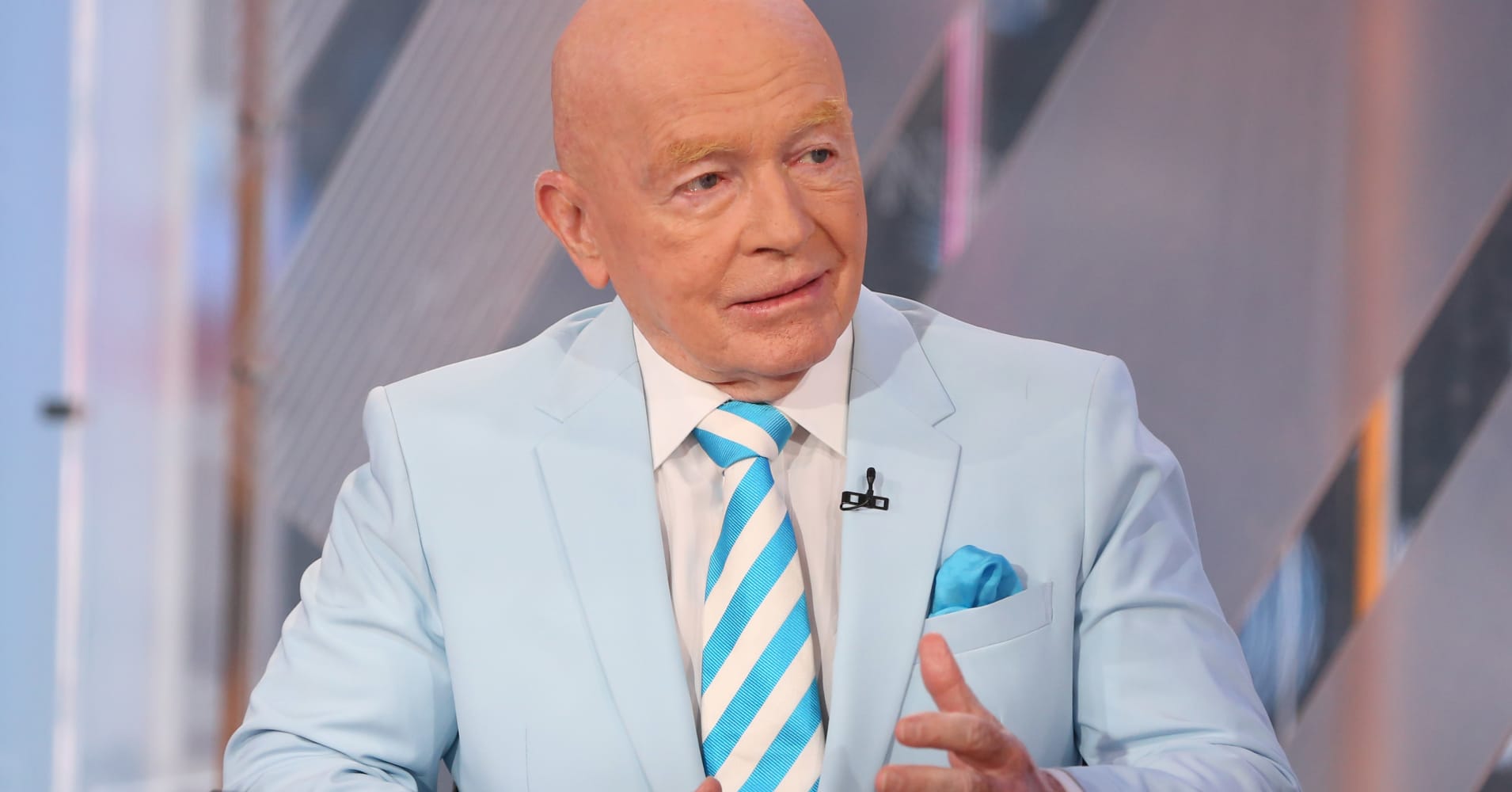
Stocks in emerging markets are looking "very cheap" now, and that's a buying opportunity, prominent investor Mark Mobius told CNBC on Monday.
Investors sold their holdings in emerging markets in a big way in recent months as they feared financial problems in countries such as Turkey and Argentina could spill over to other economies. Adding to concerns were the strengthening U.S. dollar and rising oil prices, which hurt emerging economies with large amounts of foreign debt and those that are net energy importers.
As a result, the MSCI Emerging Markets Index — which tracks large and mid-cap stocks in 24 countries — has fallen by around 16 percent this year.
But Mobius said the sell-down has opened investment opportunities in emerging markets. "At the end of the day, emerging markets equities look very cheap now. It's time to get in," the co-founder of Mobius Capital Partners told CNBC's "Street Signs."
Some countries are already seeing a recovery in their currencies and stock prices, the investor noted. That's because the U.S. dollar has started to stabilize, which lessens the burden on emerging markets to service their debt denominated in the greenback, he said.
Mobius, a seasoned investor in emerging markets, said Latin American markets — particularly Brazil — have so far led recovery in the asset class.
Asia's rebound has lagged, but the region still presents opportunities, he added. In particular, a number of China's small and medium-sized companies are looking "interesting," the investor said, though without giving names.
Mobius also said he likes India — where growth rates have surpassed that of China — and Southeast Asia.
"We're beginning to look now in Indonesia again, Thailand of course has not done badly — I mean they've been in pretty good shape, Malaysia is another area which is going to be very interesting going forward," he said.
In terms of sectors, Mobius said he focuses on companies in traditional industries — such as retail — that are using technology to improve their productivity. He also has a preference for firms with strong balance sheets, little debt, and those that split their cash reserves between investing for expansion and paying dividend to shareholders.
"Dividends are a sign that the company first has cash and also thinks about shareholders," he said.
A large number of experts — including Mobius — had project oil prices to touch $100 per barrel by the end of 2018, which would be bad news for emerging markets.
But that level looks now out of reach by the end of the year, Mobius noted, adding that oil could still hit that price in the longer term. The good news is by the time oil touches $100 per barrel, currencies in emerging markets would have recovered enough against the U.S. dollar, so that price increase wouldn't hurt their finances so much, he explained.
Another major risk facing emerging markets is "a real nasty" escalation in trade tensions between the world's two largest economies, but the possibility of that happening is also small, he said.
"If there's a real nasty increase in the trade war … between the U.S. and China, that can't be good for Southeast Asia. But I don't see that happening, I really don't," Mobius said.
"I think the Chinese are smart enough to know if they give Trump something to go home with, they'll be a winner in the long term. They may have to give up something in the short term, but longer term they'll be doing well," he said.
No comments:
Post a Comment